Casement Vs Sliding Windows – What Is The Better Choice For Your Home?
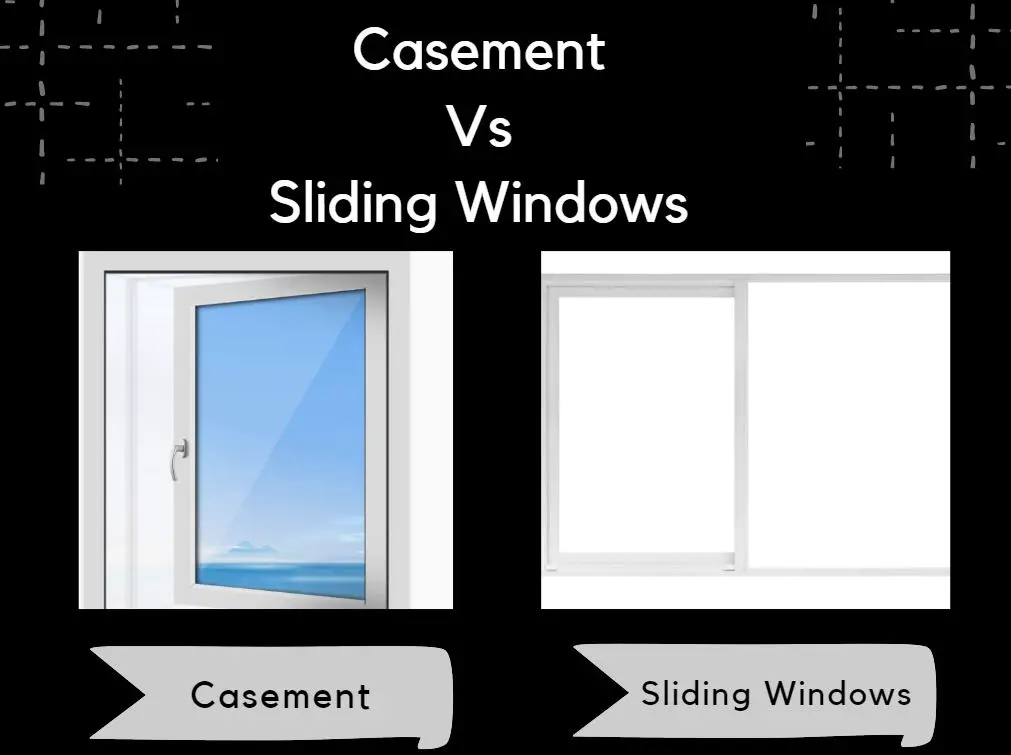
Casement and sliding windows are arguably two of the most popular types of windows.
However, they are fundamentally different. If you are remodeling your home or building a new one from the ground up, you may be wondering about the pros and cons of each.
You may also be wondering how they compare to one another. So in the following article, we will be taking a look at the key differences between these types of windows to help you decide which one would be best for you.
Casement Windows Overview
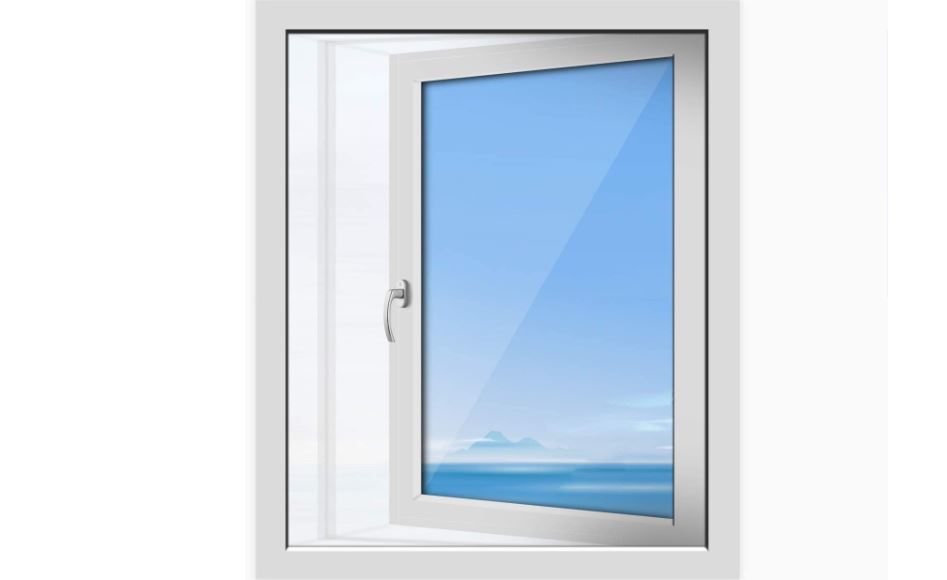
“Casement windows open outwards and inwards. They are set in a frame and attached to the frame by 2 or more hinges. These kinds of windows are typically opened and closed with a crank. They tend to be used in older homes.”
Sliding Window Overview
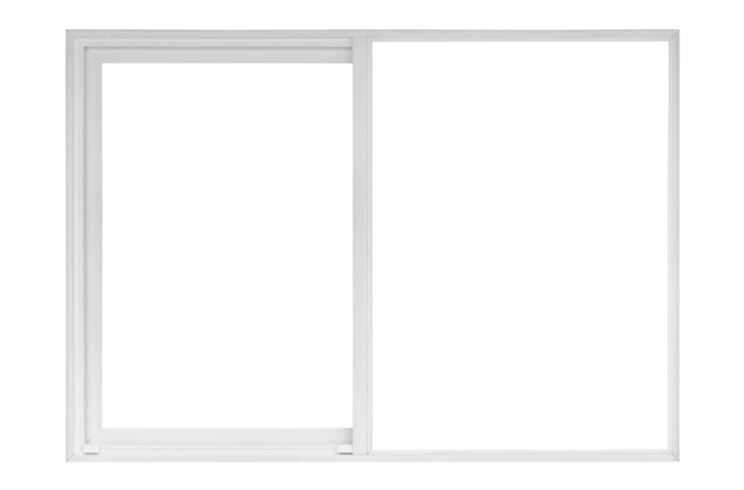
“Sliding windows are probably more common than casement windows. Instead of being attached with hinges, they are set inside a sliding frame. You can slide them open laterally although some sliding windows can be opened horizontally.”
Casement Vs Sliding Windows Overview
The main difference between these two types of windows is how they open.
With a casement window, the pane of glass that makes up the window literally moves in and out of the framing.
On the other hand, sliding windows never move out of the frame. They are slid or “sashed” along a fixed track.
Quick Facts
| Casement Windows | Sliding Windows | |
| Easy to Clean? | Yes | No |
| Used for? | Homes | Homes and businesses |
| Price | Typically more expensive | Typically less expensive |
Pros of Casement Windows
- Energy Efficient – Because casement windows form a very tight seal with the frame when they are closed, they are very energy efficient. They keep indoor air from escaping and keep outdoor air from seeping in very well.
- Better Air Flow – As opposed to sliding windows which are usually paired with screens, casement windows offer better air flow because they can be opened wide.
- Easier to Clean – You can move the window in and out of the frame which makes it much easier to clean the glass.
- Very Customizable – These types of windows have been around for a long time so there are many custom options in 2022.
- Larger Viewing Area – Casement windows can be made to be much larger than sliding windows which offers a wider viewing area and lets more natural light in.
Cons of Casement Windows
- Price – Casement windows tend to be significantly more expensive than sliding windows.
- Awkward Operation – Because you need clearance to open the window outward, you may not be able to install them in tight spots.
- Harder to Open – Many people find casement windows harder to open because you need to turn the crank continuously.
Pros of Sliding Windows
- Better Reliability – Sliding windows have fewer moving parts than casement windows so they don’t break as often.
- Easy to Open – Many people find sliding windows easier to open than casement windows.
- More Affordable – Again, since sliding windows are less complex construction-wise, they tend to be cheaper than casement windows.
- Better for Tight Areas – If you can’t open your window too far outward, a sliding window may be the better option.
- Fewer Safety Hazards – With a casement window, you can forget that you left it open in the outward position which can pose a safety hazard for people walking by. This is not a concern with sliding windows.
Cons of Sliding Windows
- They Get Dirtier – All manner of dirt and debris can become lodged in the track which can be very hard to clean.
- Possibly Harder to Open – If the track of your sliding windows does become caked with dirt and debris, they may stick and cease to slide smoothly.
- Compromised Energy Efficiency – Sliding windows don’t seal as tightly as casement windows so they tend to be less energy-efficient.
Casement Windows Vs Sliding Windows (Point by Point)
- Cost -Typically, sliding windows will be slightly less expensive than casement windows.
- Utility – In general, sliding windows tend to be more versatile because they can be installed in pretty much any area.
- Durability – Casement windows have a more complex design so they tend to be less durable.
- Insulation and Energy Efficiency – Because of the tighter seal with the frame, casement windows are more energy efficient.
- Looks – This one is really up to the individual. Casement windows have a more unique look but sliding windows work really well in traditional and even colonial homes.
Who Should Buy Each?

If you are looking for a more unique and modern aesthetic, you would probably be satisfied with casement windows.
If you are looking for the more budget-friendly option, sliding windows are the way to go.
Can You Have A Mixed Window Strategy?
Of course. Many people use different kinds of windows in their home without detriment to the overall curbside appeal.
Casement Vs Awning Windows
Awning windows are similar to casement windows because both types are hinged.
The main difference is that awning windows tilt open from the bottom and are connected with a hinge at the top while casement windows have side-mounted hinges.
Casement vs Sash Windows
Sash windows open from bottom to the top along a track. They don’t offer the same level of air flow as casement windows; but they do work better for tight spaces.
Sliding Windows vs Double Hung Windows
Sliding windows typically open from left to right while double and single hung windows open from top to bottom.
Sliding windows can be made larger than double hung windows so they may be the better options if you want better air flow and natural sunlight.
FAQs
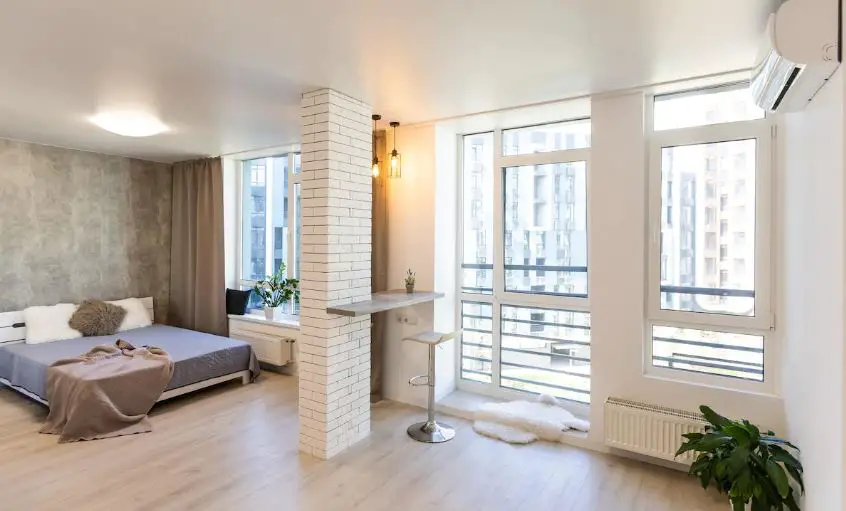
Are casement windows more secure than sliders?
Since you cannot open casement windows from the outside (unless the glass is broken), they tend to be more secure.
Are casement or sliding windows cheaper?
Sliding windows tend to be cheaper mainly because they have fewer moving parts. They are easier to construct and install so they are typically cheaper than casement windows.
Why are casement windows popular?
There are a few reasons people usually cite as to why they prefer casement windows. First of all, they offer better energy-efficiency so they might actually save you some money in the long-run. They also have a more premium and unique look. These kinds of windows are also popular because they offer good security for homes.
Do casement windows break easily?
As opposed to sliding windows which hardly ever break so long as you keep the track clean, casement windows tend to malfunction more. That’s because the crank can be very delicate.
Can wind damage casement windows?
In theory, yes. When you leave a casement window open in strong winds, the hinge can bend farther than it should. However, most casement windows come with an additional wind guard which holds the window pane in place so that the hinge can’t be extended farther than it should.
Why are casement windows more expensive than double hung?
For the most part, casement windows are more expensive than double hung windows because of the complexity of the mechanical operation. With a double hung window, you simply pull the window pane upward along a track. However, casement windows rely on a crank to open and close the pane.
What style of window is most energy efficient?
If you’re talking about casement windows vs sliding windows, casement windows are definitely the most energy efficient. However, fixed-pane windows are likely the most energy efficient types of windows on the market.
Can you have screens with casement windows?
In general, most casement windows you see will not have screens. That’s because they open inward and outward out of the frame. However, some casement windows do come with a screen on the inner side for better protection from the elements.
How long do casement windows last?
It always depends on the quality of the product, how they are installed and how they are maintained. However, if your casement windows are of reasonable quality, were installed professionally and are maintained well, it’s not unreasonable to expect them to last 20-25 years.
How Long Do Sliding Windows Last?
In general, you can expect sliding windows to last between 15 and 20 years.
What style window seals the best?
Overall, fixed-pane windows offer the tightest seal. They are the most energy efficient windows you can buy. While casement windows certainly do seal well, they don’t offer the kind of energy efficiency as fixed-pane windows.
Final Assessment
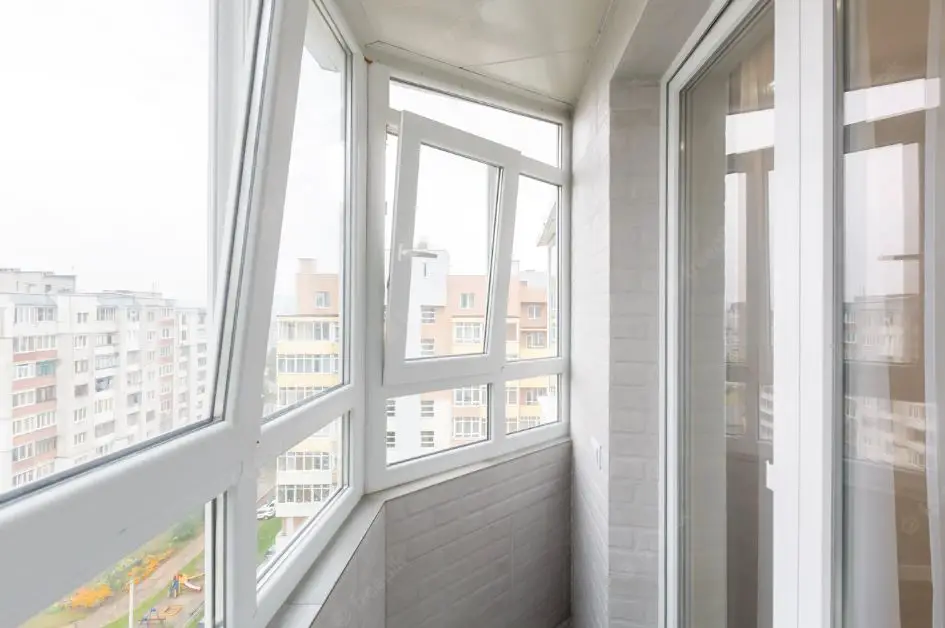
So which type of window would be best for your home?
It will depend on how much you have to spend, how important security is to you and what type of home you have.
For example, if you live in an apartment that closely abuts another building, sliding windows would probably be the better choice.
However, if you want a more unique look for your home and have the extra money to spend, you will find casement windows to be the better option.
Both have their share of pros and cons so it’s really up to your situation and preferences.


